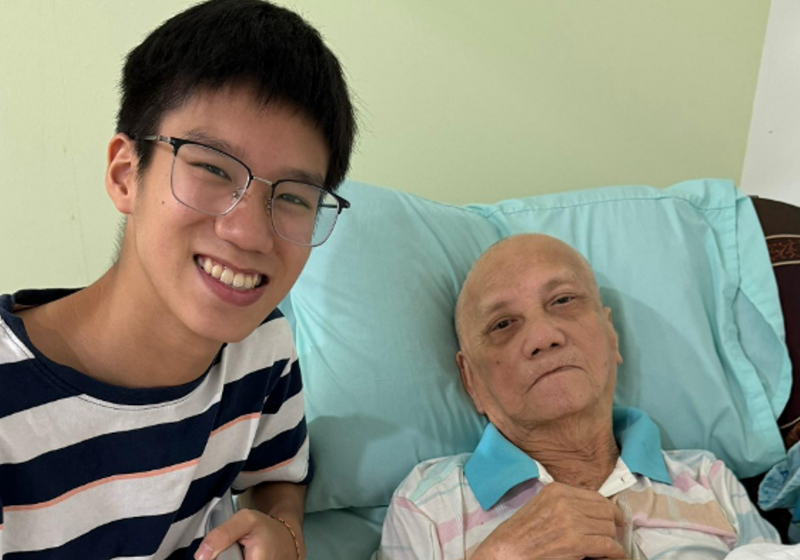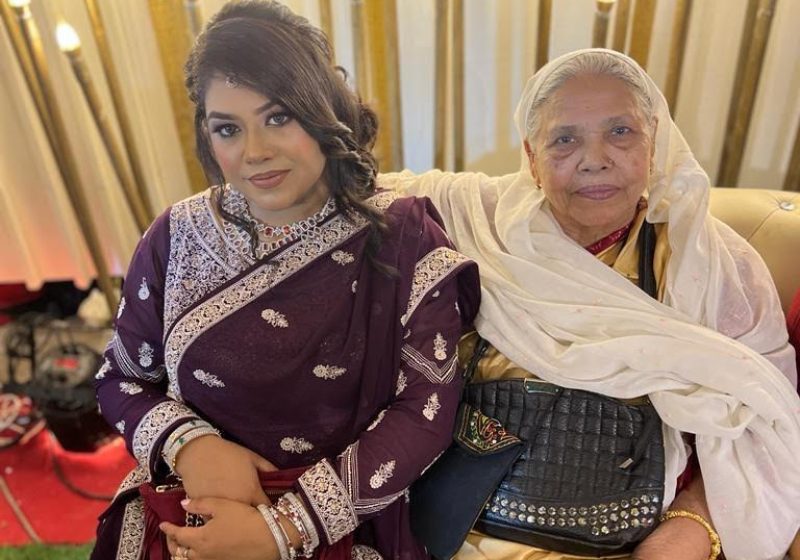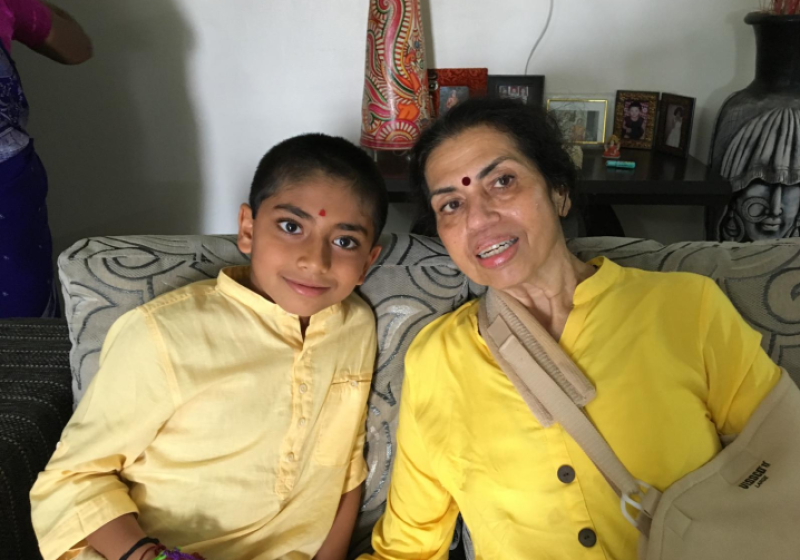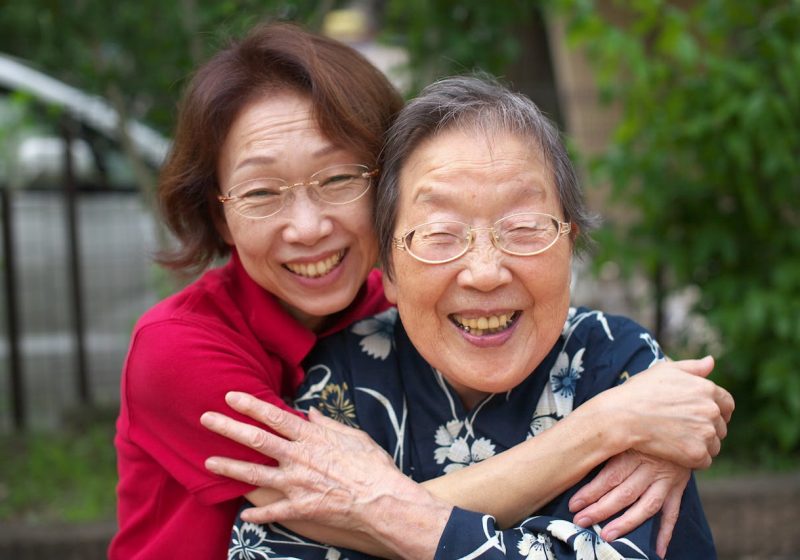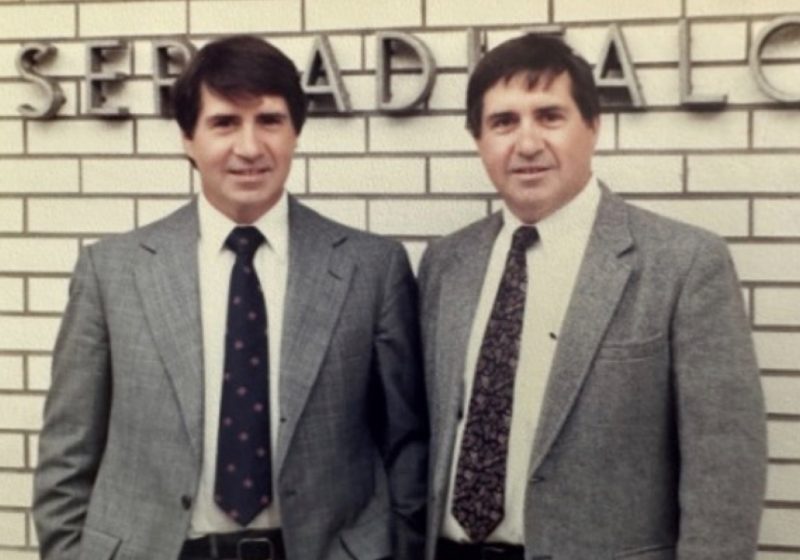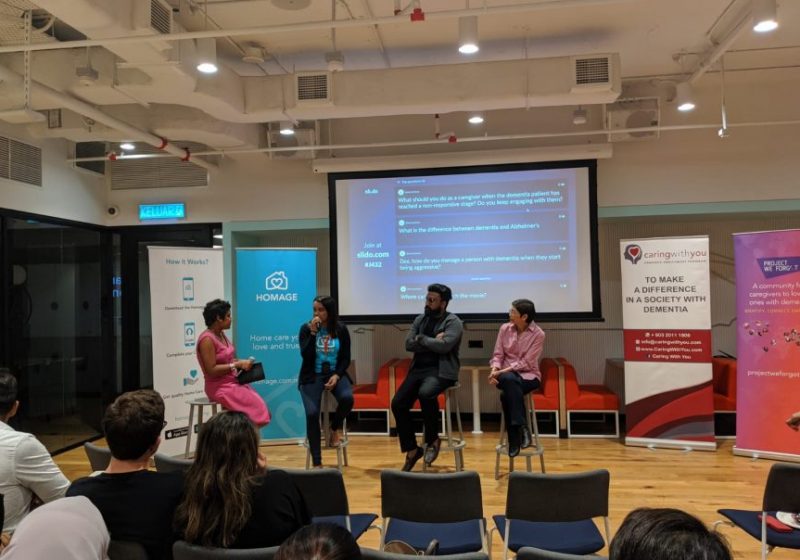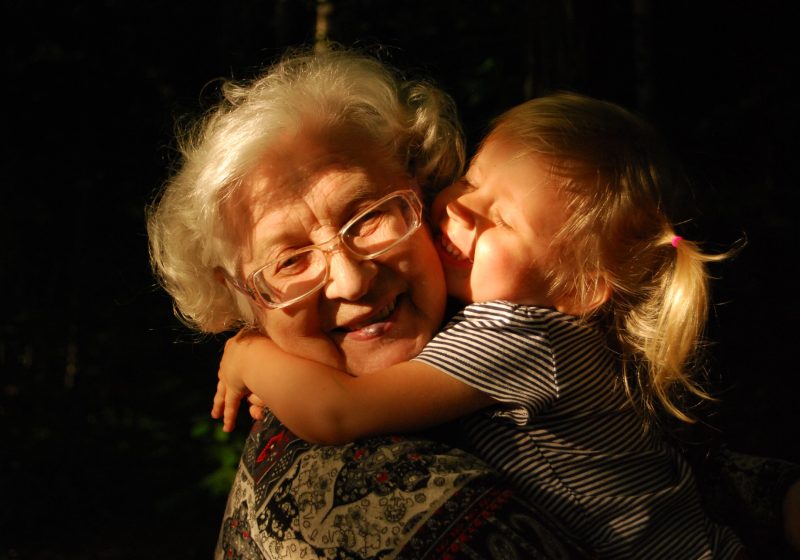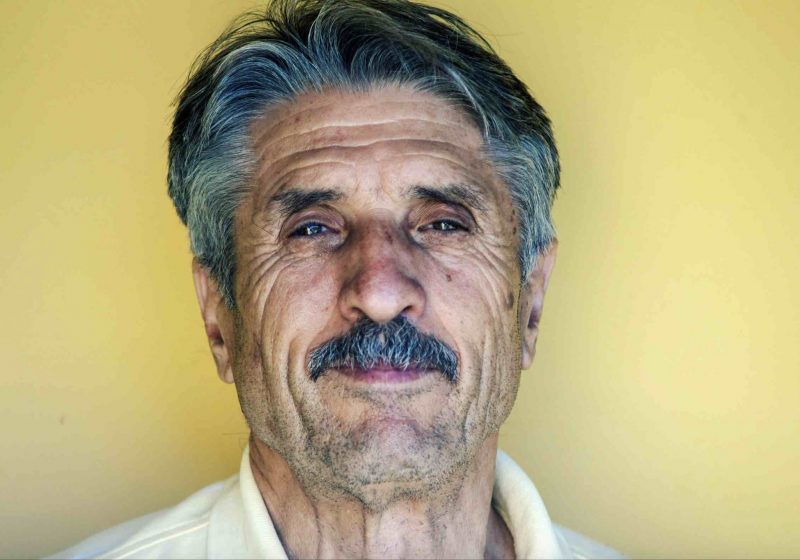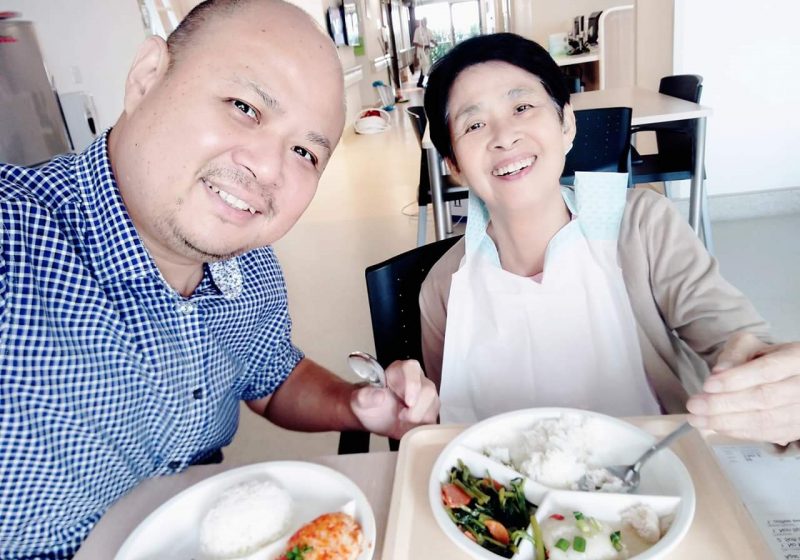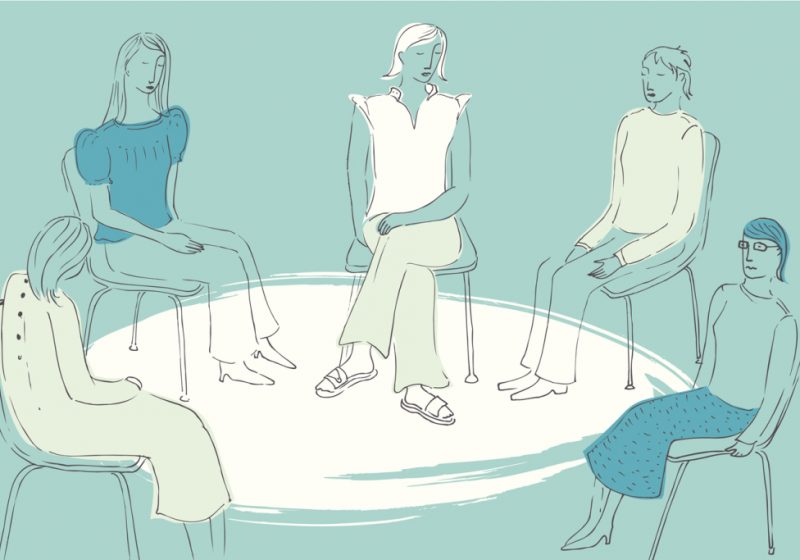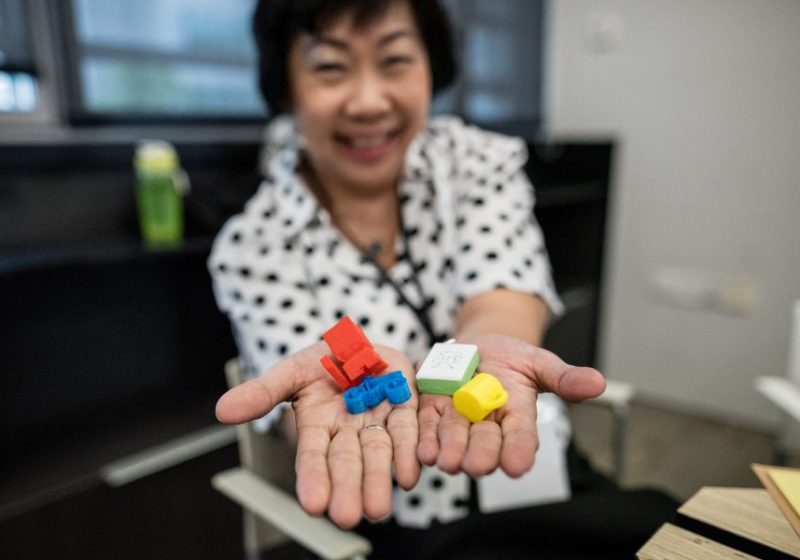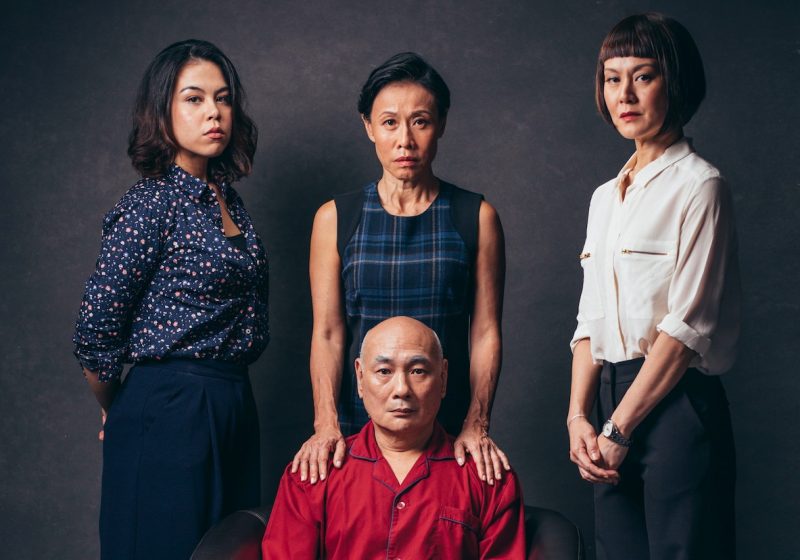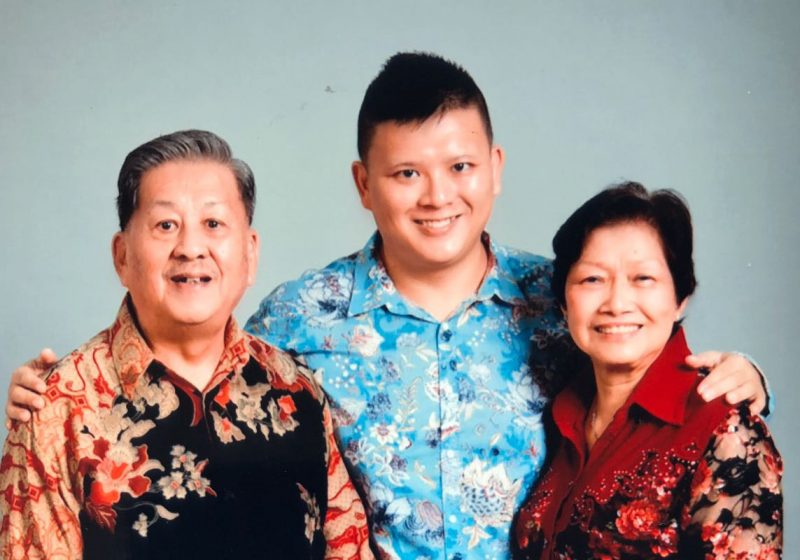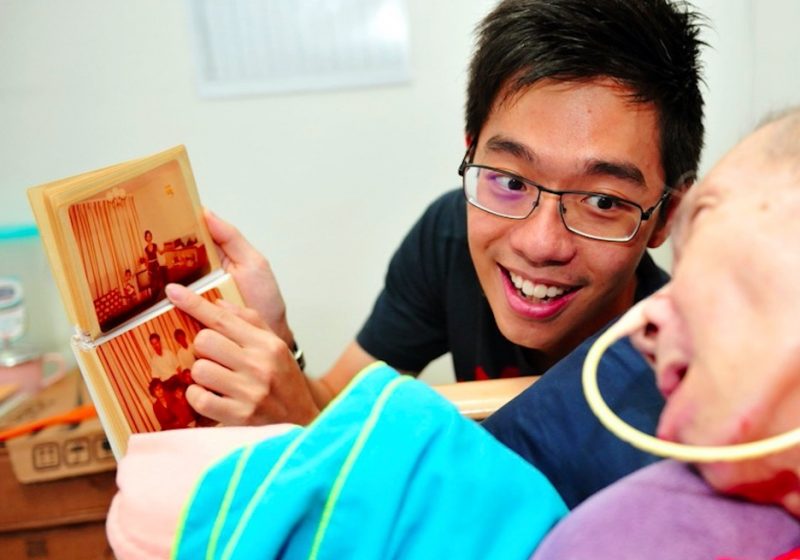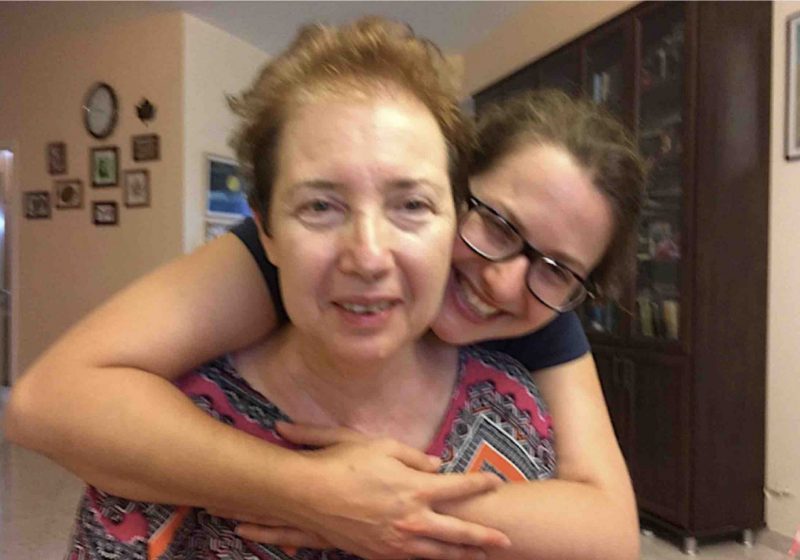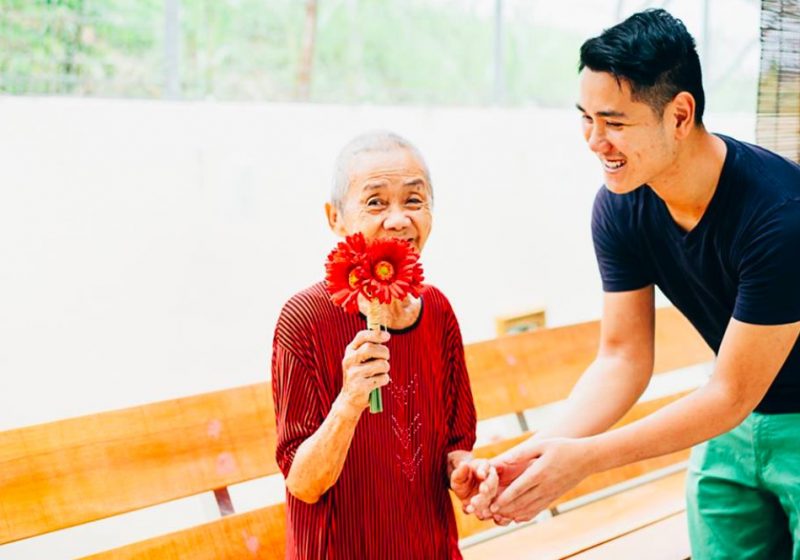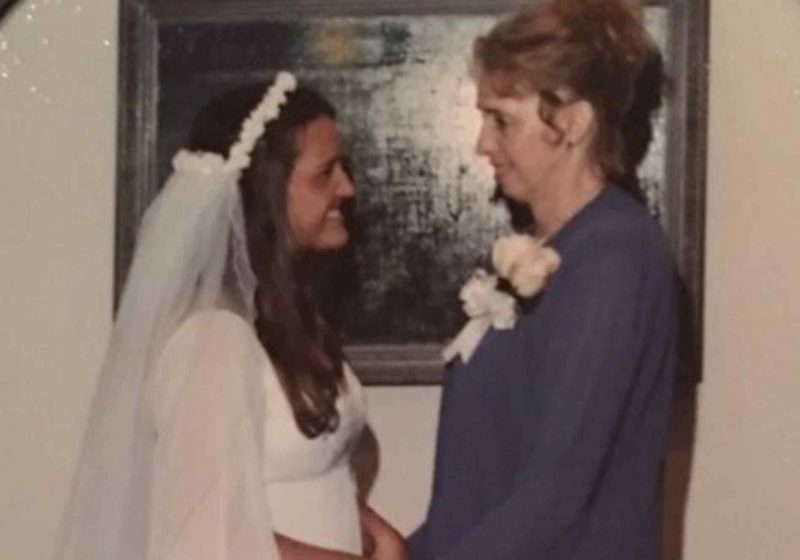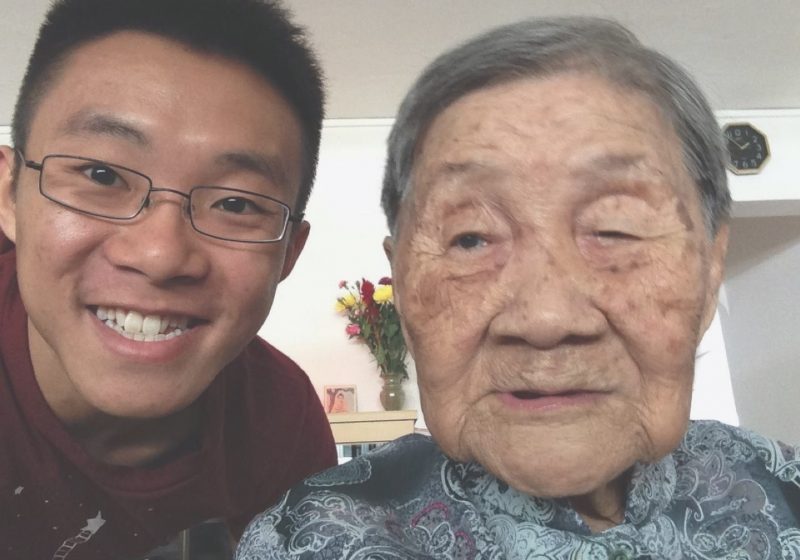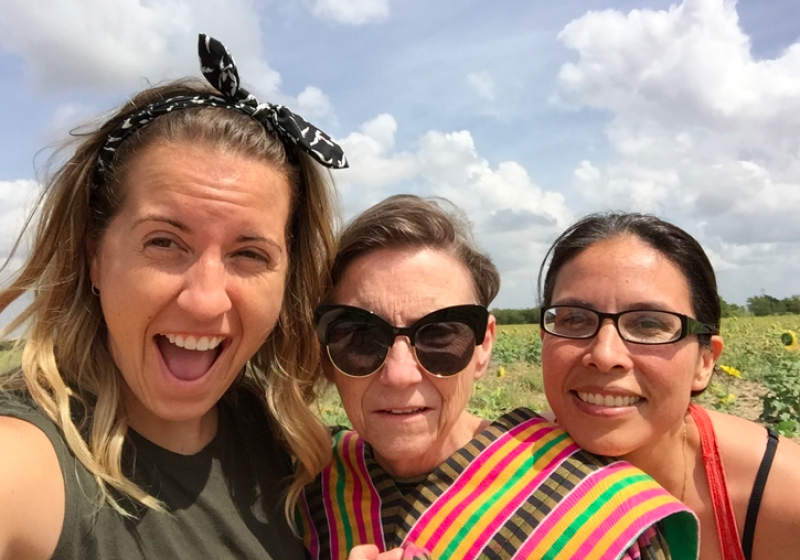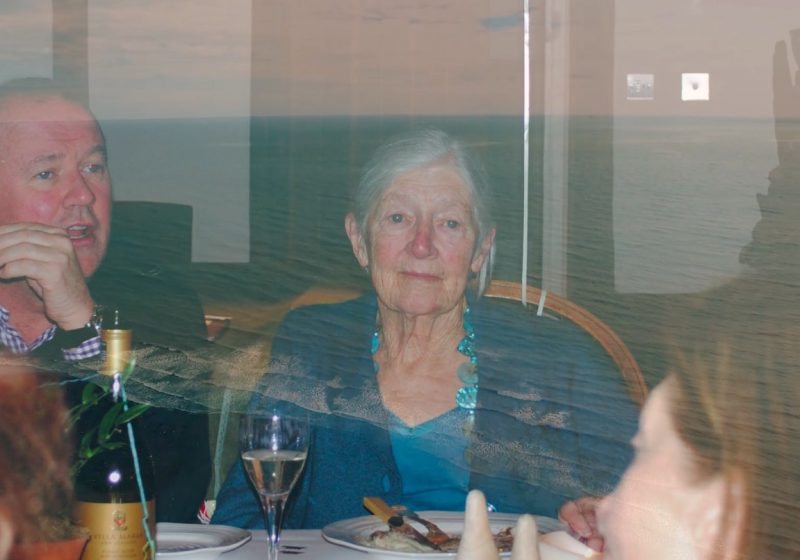Sue Hsian Yau has been caring for her father for over 20 years. Her father was diagnosed in the early 90s, at a time where there was hardly any support or resources for persons with dementia in Singapore.
By Christel Goh
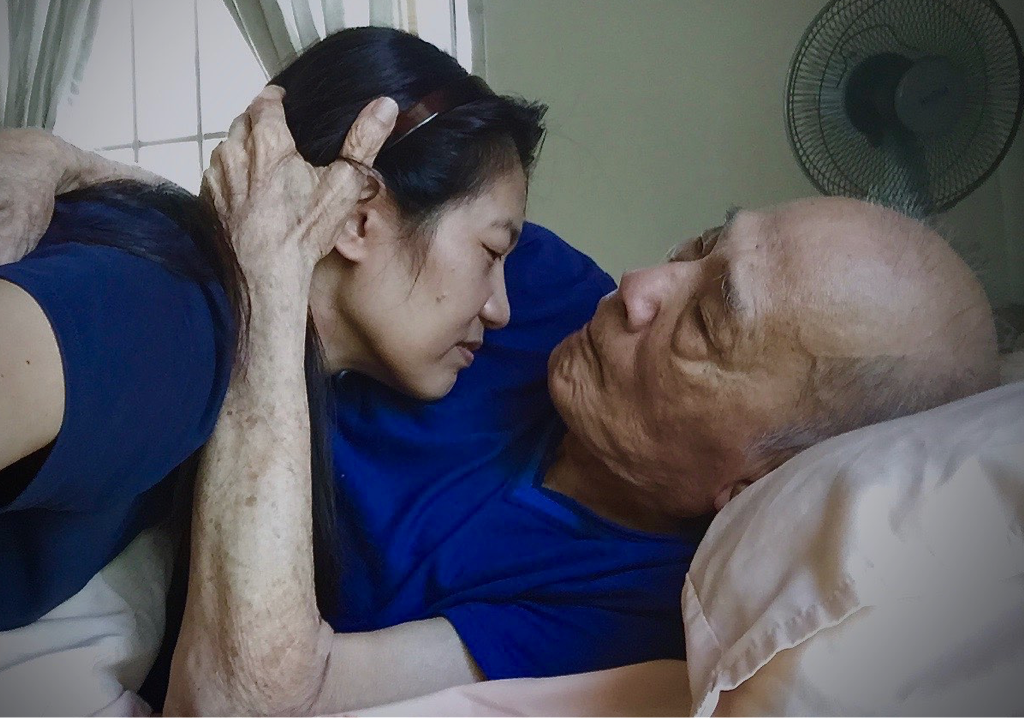
Dealing with my new father
“My mother didn’t know how to deal with my new father, and often confronted him when he was being difficult. This agitated him further,” said Sue Hsian Yau whose father showed symptoms of dementia in 1992.
Sue’s father was a discipline master in school and everyone listened to him. He refused to accept that he may have dementia in the early years. Sue’s family was in denial, especially her parents. After two years, Sue’s father finally agreed to see a doctor about his condition.
The doctors were unwilling to diagnose him with dementia as this meant giving him access to medication. At that time, dementia medication had severe side effects such as potential liver damage. The doctors did not want to create additional health issues due to those side effects.
“My mother had difficulties caring for my father as she couldn’t really come to terms with the condition. She left my dad to my care when I am at home as I was able to calm him down most of the time. There were many nights where I had to stay up till four in the morning after work to listen to his repeated stories,’ recounted Sue.
Learning on the job
When asked how she found resources on dementia, Sue shared that everything was totally different in the 90s.
“I would search for dementia reading materials in the library, attend hospital talks, and ask my doctors many questions. I felt that the doctors didn’t have time to educate patients and caregivers as they had to complete all appointments for the day, they had to quickly diagnose and recommend medication. I also attended talks by some non-profit organisations. But, they covered dementia broadly and weren’t able to address specific questions to help me in my caregiving journey,” said Sue.
She had to learn on the job. “I put myself in dad’s shoes and learnt so much through caring for him. I learnt to anticipate the many ways that he would respond to my interaction with him,” added Sue.
How could I do this to dad?
Sue felt that it was her duty to care for her father. She did not move out of her parents’ home until 15 years later when her father was admitted into a nursing home.
“I would keep telling my friends that I needed time. I needed to feed, medicate and settle dad. I needed dad to behave. I would never succumb to peer pressure. Whenever I went out, I would limit myself to one or two drinks and I would go home immediately after,” shared Sue who had to juggle her duties as a caregiver and her social life.
It wasn’t a choice
It wasn’t the family’s choice to get Sue’s father admitted into a nursing home. After a procedure at the hospital, her father had wandered out. Fortunately, a nurse in the vicinity found and brought him back.
The hospital suggested that the family send him to the Institute of Mental Health (IMH) as they were unable to restrain him. In the IMH, Sue’s father took some time getting used to the new environment, his schedule and the medication. After his condition stabilised, the family realised that they needed longer term care support and started looking for a nursing home.
Find the balance that you can live with
“I’ve learnt that routine is VERY important so that my dad gets used to it. People with dementia respond to familiar cues. Familiar voices and touch calms them. Unfamiliar ones trigger them. People’s bodies get into a rhythm and it’s important to stick to that,” said Sue.
She has been working on and off during her caregiving journey. “I would work to build my savings and live on that for three years, and then go back to work to build my savings again and live on that for seven years.
I am currently not working because I know dad doesn’t have much time left. I understand that not every caregiver can cope without a job. And, no one should feel guilty because of that.
Everyone will have their own unique balance. Find the balance that you can live with so that you will not burn out,” said Sue.


